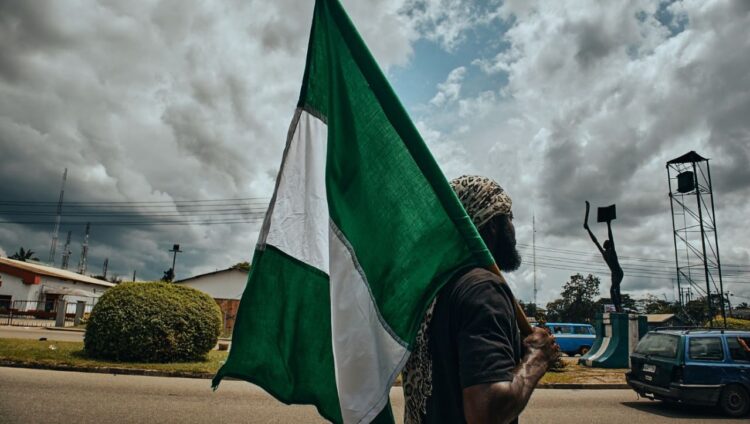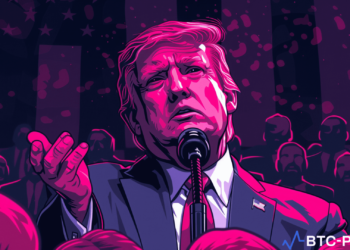In a recent development, Nigerians have been revolting against the Central Bank, declaring that old currency notes are no longer legal tender.
JUST IN: Nigerians revolt at the Central Bank after it declared old currency notes no longer legal tender.
🇳🇬 needs #Bitcoin pic.twitter.com/zhW5I0hGC1
— Bitcoin Magazine (@BitcoinMagazine) February 15, 2023
With the Naira currency redesign and the push for a more cashless economy, the Central Bank has declared that old naira notes are no longer legal tender, requiring Nigerians to deposit the old note in banks.
Unfortunately, due to certain factors, possibly a lack of proper preparation, new naira notes have been scarce, which has led to massive transaction costs per each cash transaction. This means that even with money stowed away in bank accounts, Nigerians are currently incapable of conducting relevant cash transactions, leading to the popularization of the statement, “you might have funds, but do you have cash?”
Due to instructions from the central bank, the lack of proper legal tender has led to revolts within multiple states in the country, with angry citizens resorting to assaults and vandalization as their form of protest. Following a court case against the Central Bank, the presidential administration released a statement on Twitter.
"I have given approval to the CBN that the old N200 bank notes be released back into circulation and that it should also be allowed to circulate as legal tender with the new N200, N500, and N1000 banknotes for 60 days from Feb. 10, 2023 to April 10 2023."- President @MBuhari
— Government of Nigeria (@NigeriaGov) February 16, 2023
According to Muhammadu Buhari, the president of Nigeria, old 200 naira banknotes have been re-approved to continue circulating as legal tender alongside the new 200, 500, and 1000 naira new notes for sixty more days until the 10th of April 2023. And this approval has been communicated to the Central Bank governor.
This doesn’t mean the old 500 and 1000 naira notes are equivalent to paper, as arrangements have been made to continually recover the old notes through both the CBN and other designated agents.
The reason for the changes in approval is due to the heavy burden the current situation has on the average Nigerian, and the president promised to consistently ensure that such a burden wouldn’t be unbearable throughout implementation. For that reason, the CBN would also make more of the new notes available to the public to avoid the high fees associated with cash transactions.
Finally, the president appealed to the general public to try and understand and exercise patience to overcome this situation in the shortest possible period. With all this development, many have come to believe that the traditional banking sector is full of structural and systemic problems, which cryptocurrencies would easily solve.
Thus, both Nigeria and Nigerians need Bitcoin and other related decentralized assets to avoid the country’s horrible financial situation.










